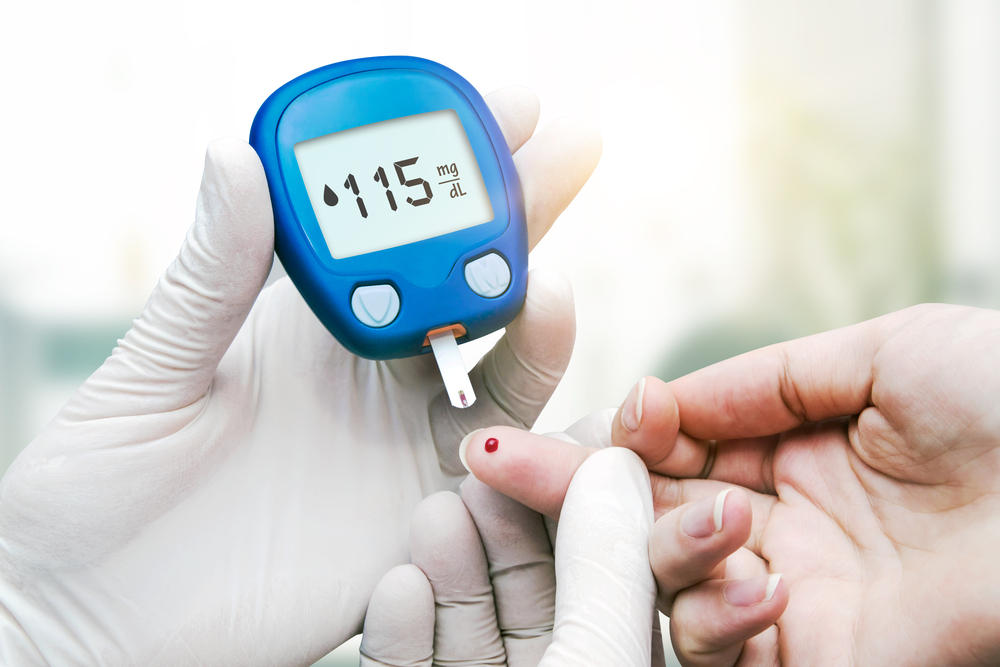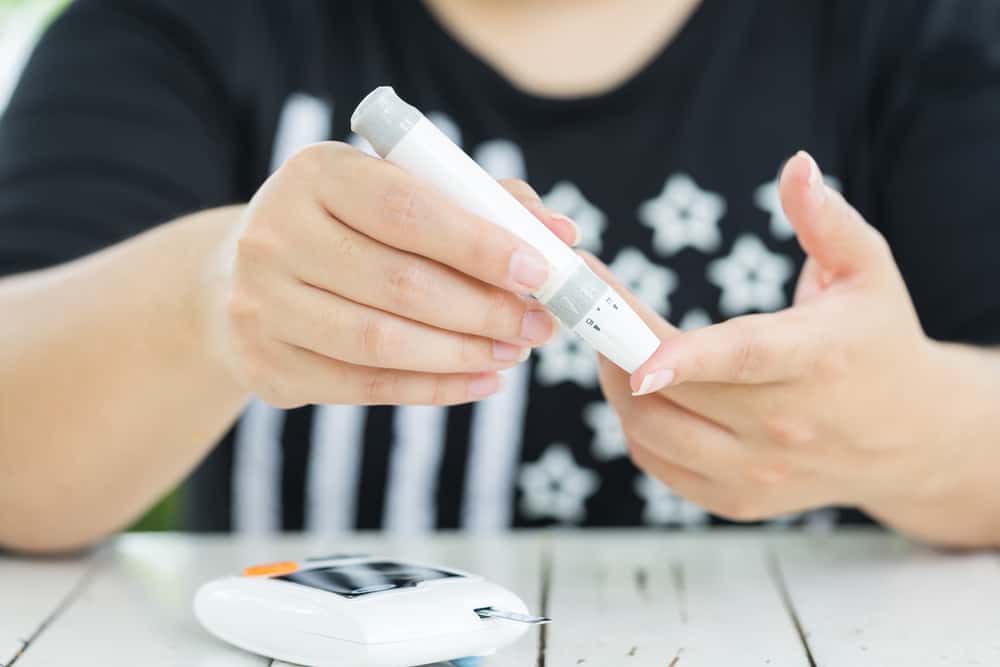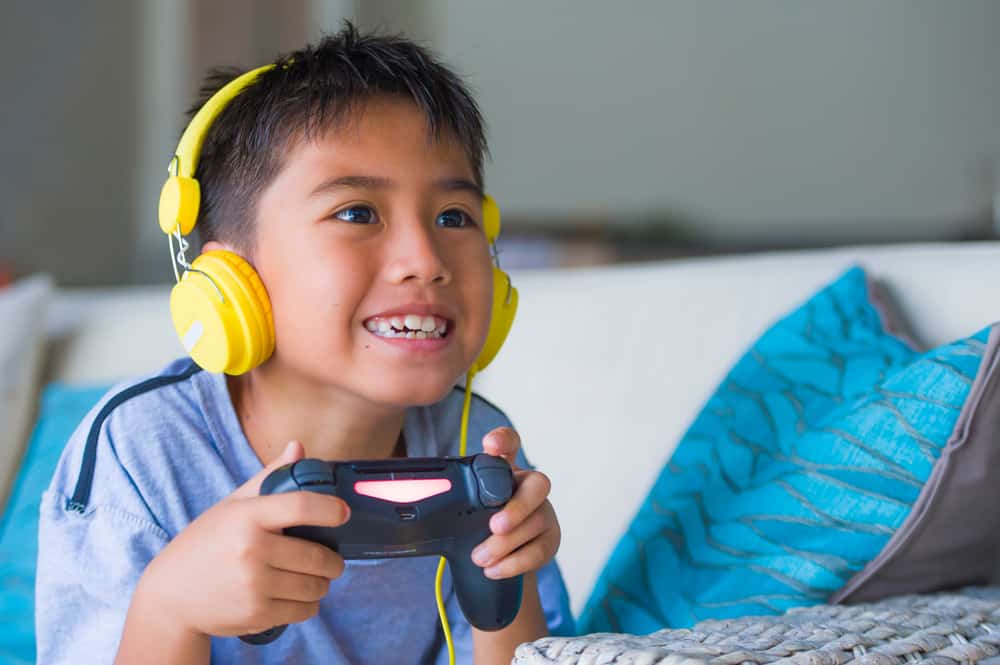Contents:
- Medical Video: Baby and Toddler Milestones, Dr. Lisa Shulman
- Development & Behavior
- How should my child develop on the 16th month?
- How can I help my child develop on the 16th month?
- Health & Safety
- What should I discuss with the doctor on the 16th month?
- What should I know on month 16?
- My attention
- What should I pay attention to in the 16th month?
Medical Video: Baby and Toddler Milestones, Dr. Lisa Shulman
Development & Behavior
How should my child develop on the 16th month?
Fear of loud noise sometimes happens suddenly. Your child may be trembling in fear, crying, and squatting in fear with the sound of vacuum cleaners, lightning, sirens, fireworks, or broken balloons.
Sometimes children between 15-18 months often do not sleep in the morning. Getting midnight or late at night is enough. It usually starts with, taking a nap longer than before. Do not let him sleep too long because the child will not feel sleepy at night. You need to wake him up when you take a nap too long during this transition.
How can I help my child develop on the 16th month?
Your child may be easily surprised or start to have a fear of some things. The best way to support it is by ensuring peace of mind. Hug it and make sure that you know it's scary, for example by saying, "Wow, the lightning is scary, huh?" Show the child how to close his ears to control himself. Your child will eventually feel fearless in the noise after understanding where the sound comes from and that the sound is actually harmless.
Sleep time will be easier if you do a routine on your child. The bedtime routine must be long enough to make it easier for your child to relax, but not too long or complicated for your homework - and not complicated enough for a babysitter to follow or anyone who should replace you in a bedtime ritual when you are not there. Twenty to thirty minutes is enough time.
Your child may still need time to relax in the morning after waking up. Provide a snack and plan light activities, such as listening to quiet music, reading a book, or resting on a sofa with a blanket (rather than in bed, which is associated with sleep). As much as possible, don't take your child to drive by car at bedtime because the child may even fall asleep at this hour, so he skips naps and fuss at night.
Health & Safety
What should I discuss with the doctor on the 16th month?
You must notify the doctor of signs of abnormal behavior. If your child looks healthy and normal, check with regular control. Your child may be afraid to come to the doctor. He will think he will be injected with another vaccine. You can use several ways to calm him down:
- Don't come too soon, come close to the scheduled time. Make time feel fast by interacting with it as much as you can.
- Bring your favorite toys, your child will be fun and comfortable.
- Stay with the same doctor. This is how your child knows his doctor (and vice versa) and his surroundings.
- Divert your baby's attention when he is injected.
What should I know on month 16?
At 16 months, you should know that your child may not need to sleep in the morning. He will need light snacks to add energy. At this age, just napping is enough to keep it strong and healthy.
You should try scheduling an early nap. A nap that is too late will have an effect on the nighttime sleep. Like you, your child will be fussy and bad mood if he doesn't get enough rest.
My attention
What should I pay attention to in the 16th month?
You will worry about how long your child should be allowed to watch TV. According to the American Academy of Pediatrics (AAP), television or DVD is not recommended before a 2-year-old child. This also includes the use of the iPad. Watching or playing iPad occasionally is certainly not a problem, but you also don't want your child to be addicted, right?
Encourage your child to do activities outside the home such as playing soccer, swimming, or running around the playground. You can also put on music so that your child sings or dances.
Reading books is also recommended. The more your interactions, the more your child absorbs new concepts and words. All of these activities are better than watching TV.
Let's see what your child learns next month.











